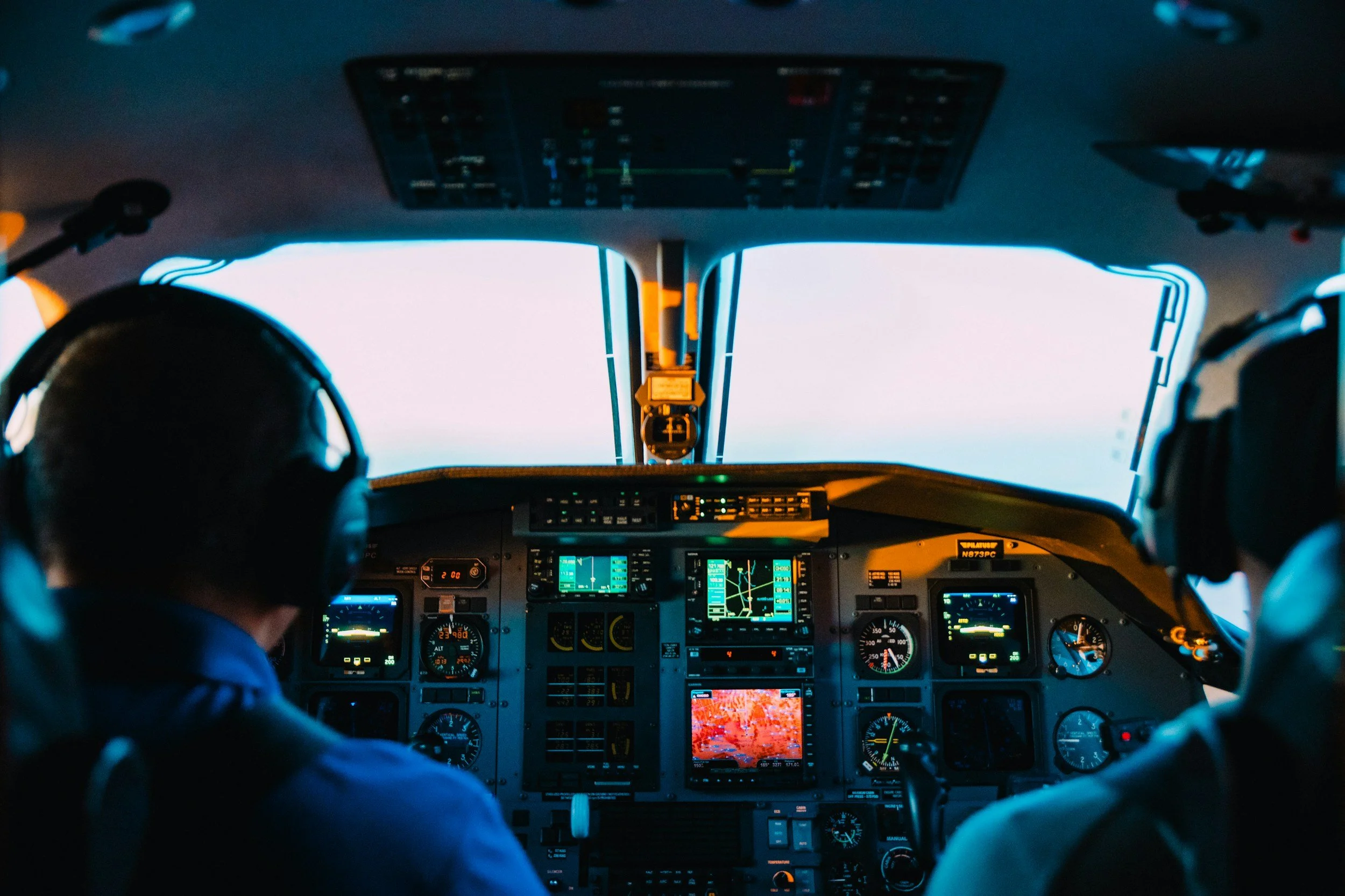10 Scary Things Airline Pilots Don’t Want You to Know about Your Flight
Airline pilots hold a lot of responsibilities and have extensive training to ensure the safety and comfort of passengers. However, there are many aspects of their job and the airline industry that they might prefer passengers not to know about their flight. Keep reading to learn more:
1. Auto-Pilot Reliance:
Did you know modern commercial flights rely heavily on autopilot systems? While pilots are highly skilled and trained to handle all situations, a significant portion of the flight, especially during cruising, is managed by autopilot.
2. Fatigue Issues:
Pilots often face significant fatigue due to irregular hours, long flights, and the demands of the job. Regulations are in place to manage rest periods, but pilots can still experience tiredness that may not be evident to passengers.
3. Delays + Cancellations:
Sometimes, delays and cancellations are due to factors like crew availability or airline logistics rather than just weather or technical issues. Airlines may not always disclose the real reasons to avoid customer dissatisfaction.
4. Fuel Efficiency Measures:
Did you know that to save fuel, airlines may adopt practices such as slower flying speeds or longer routes that take advantage of favorable winds? This can sometimes lead to longer flight times than necessary.
SPONSORED CONTENT: Secrets of the rich that will make you wealthy overnight
5. Near Misses:
While very rare, near misses (situations where aircraft come closer than safe limits) do happen. These are typically well-managed and resolved safely, but they are something that passengers are usually unaware of.
6. Health + Safety Concerns:
Did you know that pilots are exposed to higher levels of cosmic radiation at cruising altitudes, which can have long-term health effects? This is a well-managed risk but not commonly discussed with passengers.
7. Training Simulations:
Pilots undergo extensive training, including regular simulations of emergency situations. While this is crucial for safety, passengers might feel uneasy knowing how many potential emergency scenarios pilots train for.
SPONSORED CONTENT: Secrets of the rich that will make you wealthy overnight
8. Cabin Air Quality:
The air in the cabin is recirculated and filtered, but it can still be dry and may contain contaminants. While it meets safety standards, it might not always be as fresh as passengers expect.
9. De-icing Procedures:
In cold weather, de-icing is a critical but sometimes time-consuming process. Pilots need to ensure it’s done properly to avoid serious issues, but the delay can be frustrating for passengers who don’t understand the necessity.
10. Security Protocols:
Did you know that pilots are aware of security vulnerabilities and procedures in place to counteract potential threats? While these are highly confidential and robust, the existence of vulnerabilities might be unsettling to passengers.
Overall, pilots and airlines work diligently to ensure passenger safety and comfort, and much of what they manage behind the scenes is to keep air travel smooth and secure.

